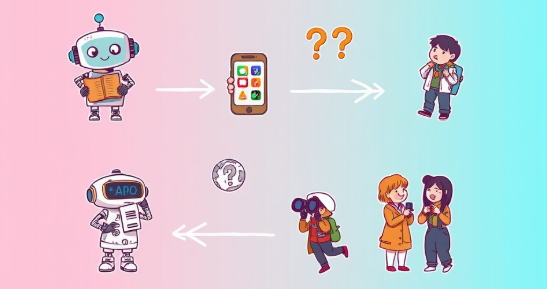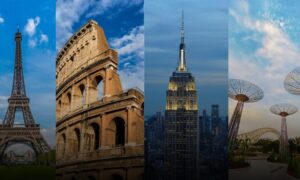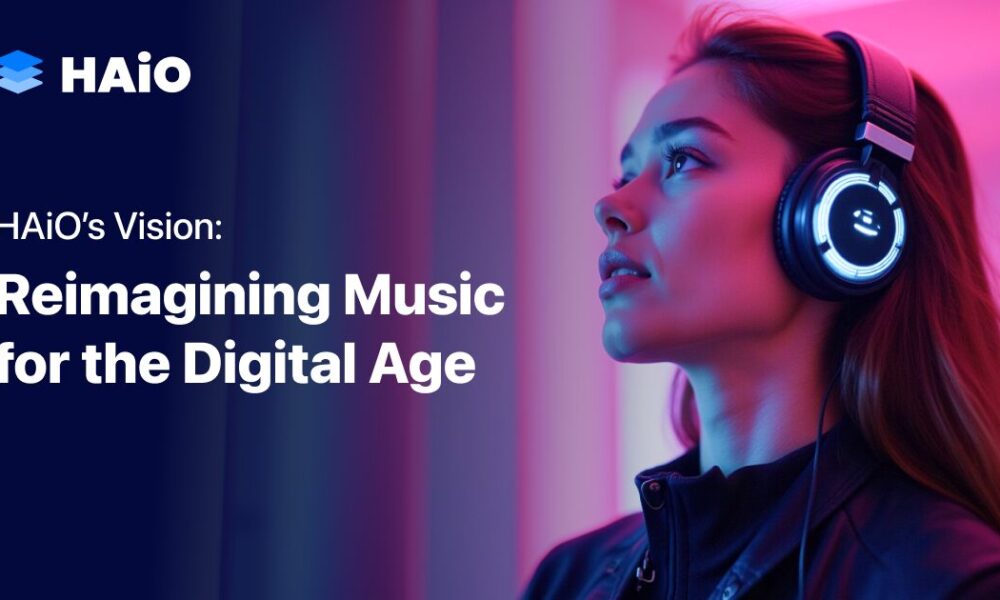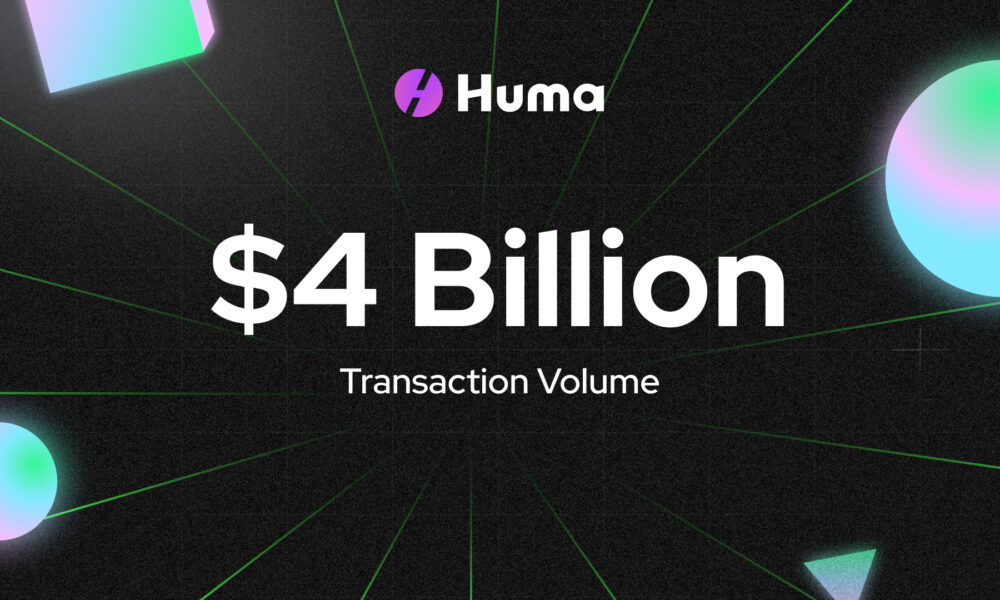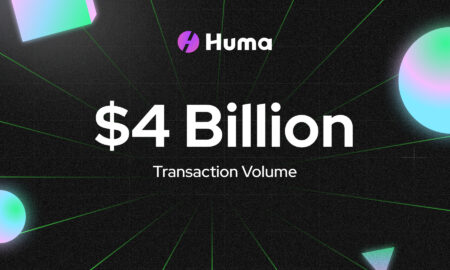Have you ever wondered how automated travel guides are reshaping your travel decisions? Many users express frustration, particularly with response times and recommendation accuracy. Up to 30% of AI suggestions are irrelevant or lack personalization. While businesses widely adopt automation, customer satisfaction often declines initially. Are hybrid models or human-assisted services truly boosting engagement? The answer might surprise you as we explore this evolving landscape…
Sarah, a seasoned travel blogger exploring Kyoto’s hidden gems, relied solely on her outdated 2018 guidebook and a local agent’s advice. “The bamboo forest is a must-see,” her agent insisted. But upon arrival, Sarah found overcrowded paths and shuttered tea houses. Her carefully planned itinerary collapsed when an unlisted festival blocked three key sites. “How did no one warn me?” she groaned amidst tourists. Just then, her phone buzzed with an AI travel app alert: “Nearby temple with 90% fewer visitors, 12-minute walk.” Sarah hesitated, clutching her old map. The irony wasn’t lost on her—but could she trust a machine over years of expert advice?
Sarah wasn’t alone. Nearby backpackers groaned as their AI-recommended “secret” ramen spot had a two-hour wait. Meanwhile, a pottery shop owner lamented yet another tour group arriving due to machine suggestions but missing the genuine charm of her craft. AI tools promising authenticity were inadvertently creating cookie-cutter experiences. Observing a teenager pose with a “hidden” latte identical to countless others, Sarah realized the issue wasn’t merely outdated advice but something deeper no algorithm had identified yet.
Recognizing the urgency, a company team proposed real-time sentiment analysis to flag overhyped spots before they went viral. However, concerns arose about potential harm to small businesses needing traffic. A junior developer suggested partnering with local influencers, but past attempts had transformed quiet spots into selfie zones. Eventually, they adopted a hybrid approach: AI suggestions complemented by “human curator” badges for truly unique experiences, though this required manually verifying hundreds of listings. “It feels like putting out a wildfire with a water gun,” someone sighed.
Do AI travel guides truly work in every scenario? With advanced algorithms analyzing extensive user data, over 80% of users find AI-driven recommendations more relevant than traditional methods. Surprisingly, user satisfaction with AI-guided experiences often rivals human consultants, largely due to efficiency and personalization. AI also offers significant cost savings, reducing travel planning expenses by up to 30%. Its adaptability to real-time factors like weather or local events ensures travelers maximize their experiences. Additionally, AI travel tools are enhancing accessibility, catering to diverse needs and promoting inclusivity.
Yet, over-reliance on automation raises concerns. Excessive use of automated suggestions can suppress spontaneous exploration and genuine cultural engagement, overwhelming travelers rather than liberating them. Automation risks stripping away serendipitous moments, diminishing emotional connections with destinations. In contrast, guided tours often offer curated experiences that foster deeper cultural understanding and emotional resonance. This delicate balance between convenience and authentic experiences becomes crucial as automated tourism evolves.
Resource Link: https://www.danielfiene.com/
Is automated tourism suitable for everyone? While undeniably convenient, automated planning might overlook individuals with disabilities or those desiring personalized interactions. Some travelers, particularly older or less tech-savvy ones, might feel alienated. Additionally, data privacy concerns emerge as systems collect personal details. Thus, refining automated tools to ensure inclusivity and authenticity remains essential.
To balance AI efficiency with human insight, travelers should use AI tools for initial itinerary drafts and then personalize these plans using their knowledge or local tips. AI’s adaptability is advantageous for quick adjustments, yet human intuition often captures nuances technology might overlook. Post-trip reflections help further refine future plans, blending automation speed with cherished unexpected discoveries.
As personalized itineraries grow popular, travelers increasingly seek unique, locally engaging adventures. Cultural workshops and home-stays have surged by 40% over five years, reflecting a deepening desire for authentic experiences and sustainable travel practices. Balancing technology-driven recommendations with genuine exploration presents both opportunities and challenges ahead.
Ultimately, hybrid travel planning emerges as ideal, merging AI’s personalized efficiency with human expertise. Apps like TripIt or Google Trips exemplify this effective combination. By actively engaging in planning, travelers deepen their connections with destinations, enhancing their experiences. In this evolving landscape, how will you adapt your travel strategies to stay ahead?

